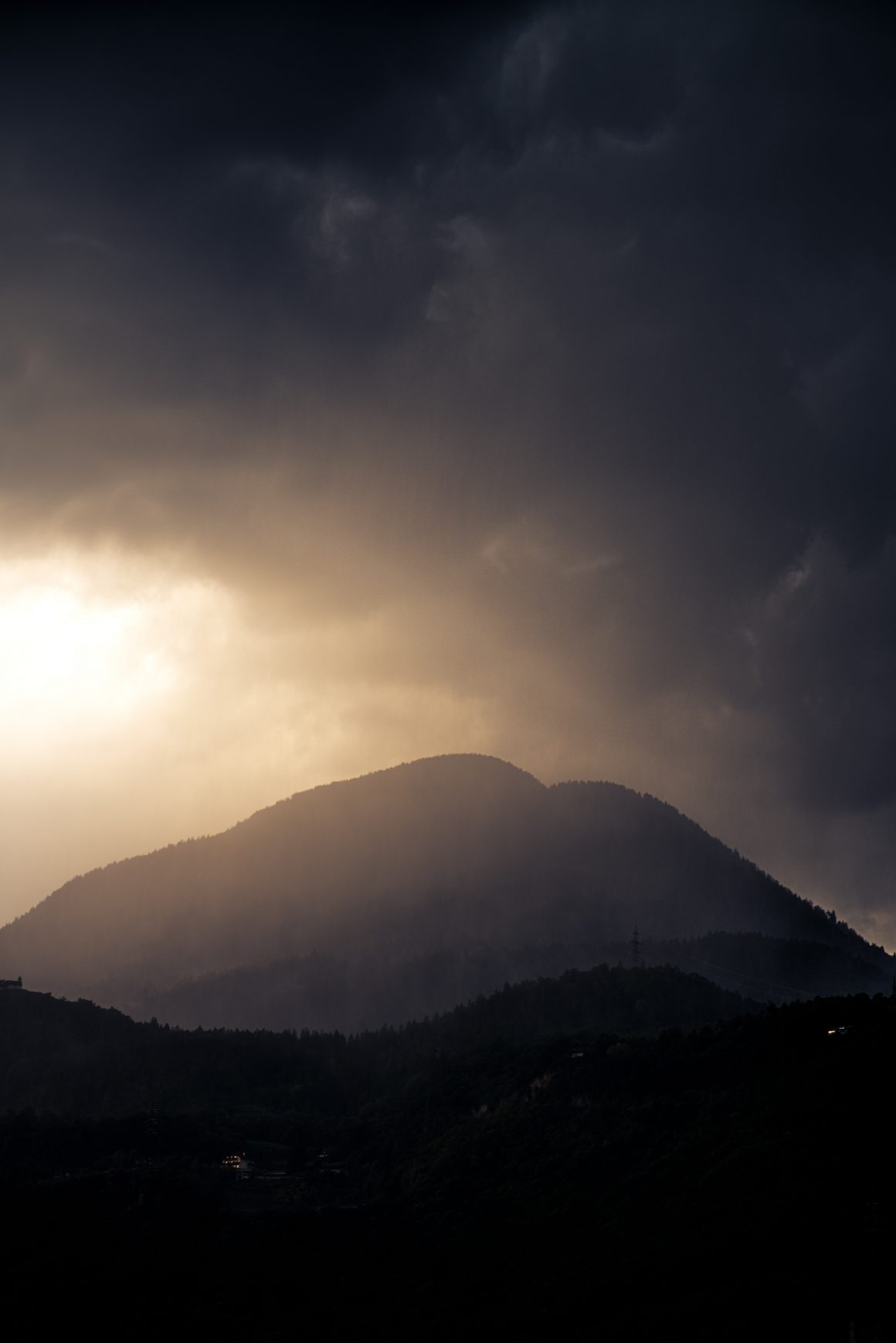
Sustainable U: Eco feminism
By Rachneet Randhawa, April 2 2021—
As March marked Women’s History month with March 8 officially designated as International Women’s Day (IWD) we remember the extraordinary efforts of women and girls around the world. This year’s theme was #ChoosetoChallenge and what better way to reflect on this theme than a true trial-by-fire with “ecofeminism.”
I first came across the concept of ecofeminism in Fall 2019 through a workshop at the Women’s Resource Centre (WRC) on campus facilitated by professor Joe Kadi, a Gender and Sexuality Studies instructor and program coordinator. We were taught how ecofeminism was many things — a theory, a way of life, a philosophy and a social change movement that provides a multi-layered and intersectional structure to make sense of the world. It utilizes the theoretical and practical ways of the complex and contextual foundation of ecofeminism including socio-political aspects and personal aspects. It was here in which we learned that ecological and social justice are interconnected. My mind was blown. I had no clue how in-depth feminism, social change and environmental issues are.
The waves of feminism are constantly evolving, for instance, the latest rendition being ecological feminism or “Ecofeminism” which addresses the domination of nature and the exploitation of women. Ecofeminism is defined as an ideology and movement that recognizes nature and women as intertwined in which nature and cultural society should be maintained through collaboration and cooperation instead of power, control and domination. Originally coined by French feminist Francoise d’Eaubonne in 1974, it is a reiteration of the so-called latest wave in feminism. That is, women and nature are framed as chaotic, rational and in need of control whereas men are classified as rational, ordered and capable of taming and yielding both women and nature to their own capacity. It sheds light on how gender is a norm that is socially constructed, culturally enabled, economically sanctioned and politically controlled.
The eco-version retains the original values of basic feminism including equality between genders and the aim to abolish patriarchal and misogynistic structures — the very oppressive systems that have wreaked havoc on both women’s bodies and the environment. It offers a worldview that values the earth as sacred and humanity’s mutual dependence on its bountiful resources and embraces a way of relating that is inclusive and holistic. The goal is to allow women and environmentalists to work together in tandem to end patriarchal systems that privilege hierarchies, injustice and unequal socioeconomic status.
There are three key branches of ecofeminism: Liberal/Radical focuses on environmentalism and advocating for change through legislation and improving regulations. Socialist/Materialist focuses on political theory and history including examining how patriarchy influences capitalism and in turn how both hegemonic systems turn women and nature into mere commodities. And lastly, Spiritual/Cultural which focuses on nature-based spirituality and expresses caring, compassion and nonviolence, for instance, reviving ancient practices including rituals for goddess workshops, the moon, animals and the female reproductive system.
Also, there are four key principles of ecofeminism. Firstly, both the oppression of marginalized groups and the oppression of nature are one and the same. For instance, patriarchal dominance has destroyed the flora & fauna to extinction alongside pushing certain vulnerable groups of people to the fringes of society namely women, children and people of colour. Capitalism then feeds the oppression as it places a high value on productivity and efficiency by any means necessary. Secondly, we must aim to replace the culture of domination with an “ethic of care.” That is our ethics and morality in relation to one another should come from a source of benevolence in which we prioritize empathy for one another. Thirdly, all forms of oppression are unacceptable and are interconnected. That is, for environmentalism to succeed, it must be inclusive and all-encompassing including women, communities of colour and the LGBTQIA2S+ community. In other words, it must be intersectional, and respect multiple and overlapping identities. Fourth, we must understand the connections between environmental degradation and the oppression of marginalized people as it allows us to understand the gender dynamics around climate impacts so we can adapt and become more resilient when responding to the inequities around us. And lastly, the ones most affected by environmental destruction must be the ones to head it. That is emphasizing diversity in leadership for underrepresented voices.
Of course, ecofeminism has had its fair share of backlash and controversy. For one it’s claimed to be ‘essentialist” and anti-progressive for women’s rights because it demarcates groups of people to certain categories — for instance the use of gendered language such as “mother earth,” “fertile ground,” “rape of the earth” or even referring to a woman as “vixen” or “chick.” Others argue ecofeminism pigeonholes itself by perpetuating the very “feminine” category that we are trying to dissolve by classifying women as nurturers and caregivers. That is, ecofeminism perpetuates and reinforces the gender binary or dichotomy of gender norms.
Inevitably, inequality and inequity are perpetuated through gendered social roles and norms, discrimination and poverty making women — including climate refugees — the most exposed to the effects of climate change and natural disasters with women disproportionally being the higher percentage of victims. Global gender justice, climate justice, sustainable agriculture, healthy and affordable housing, food security — we still have a long and winding way to go.
Sustainable U is a regular column focused on sustainability. This column is part of our Opinions section and does not necessarily reflect the views of the Gauntlet’s editorial board.
